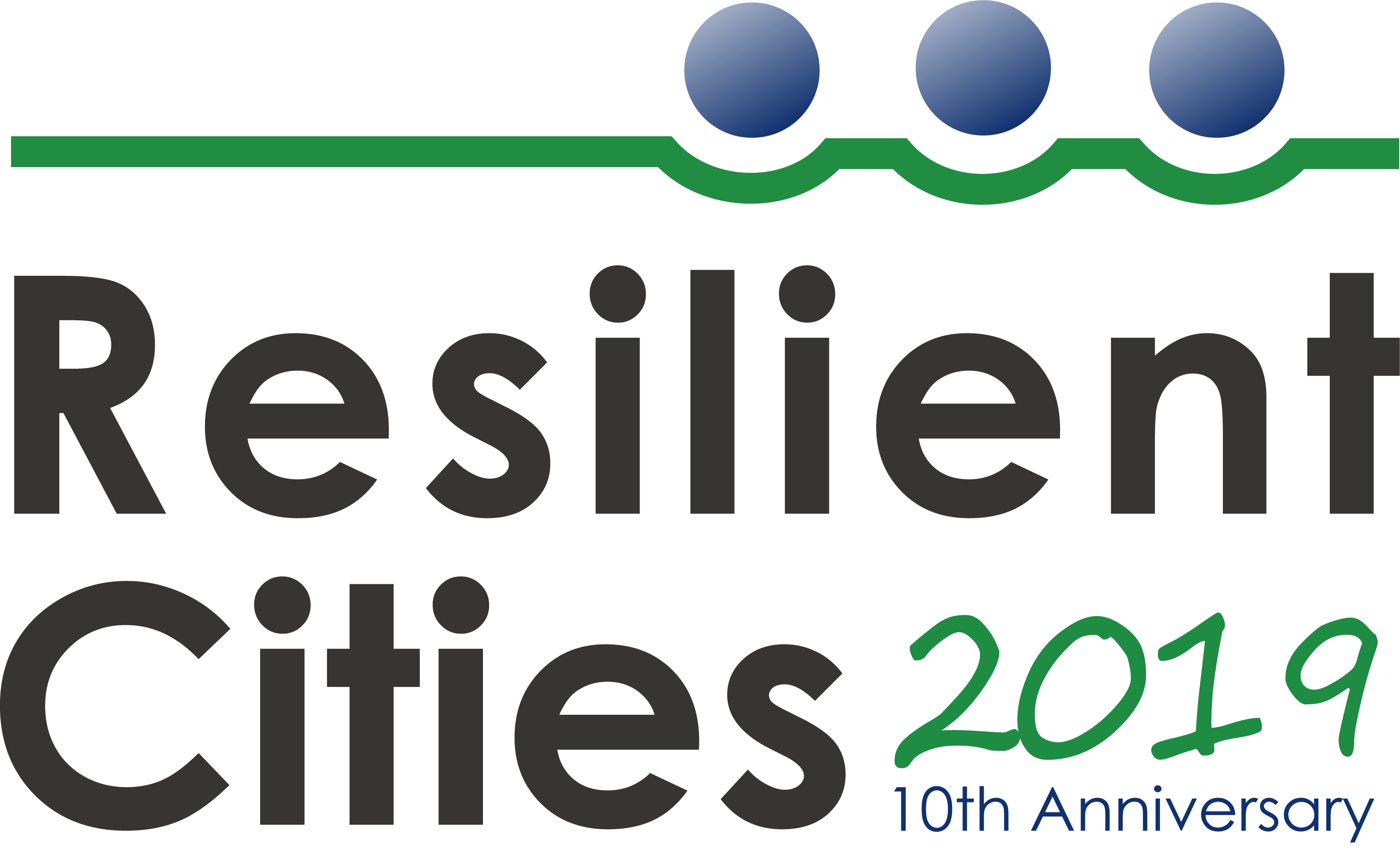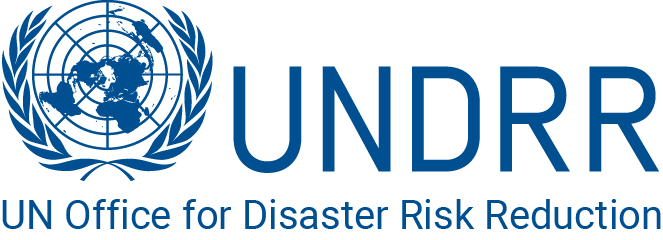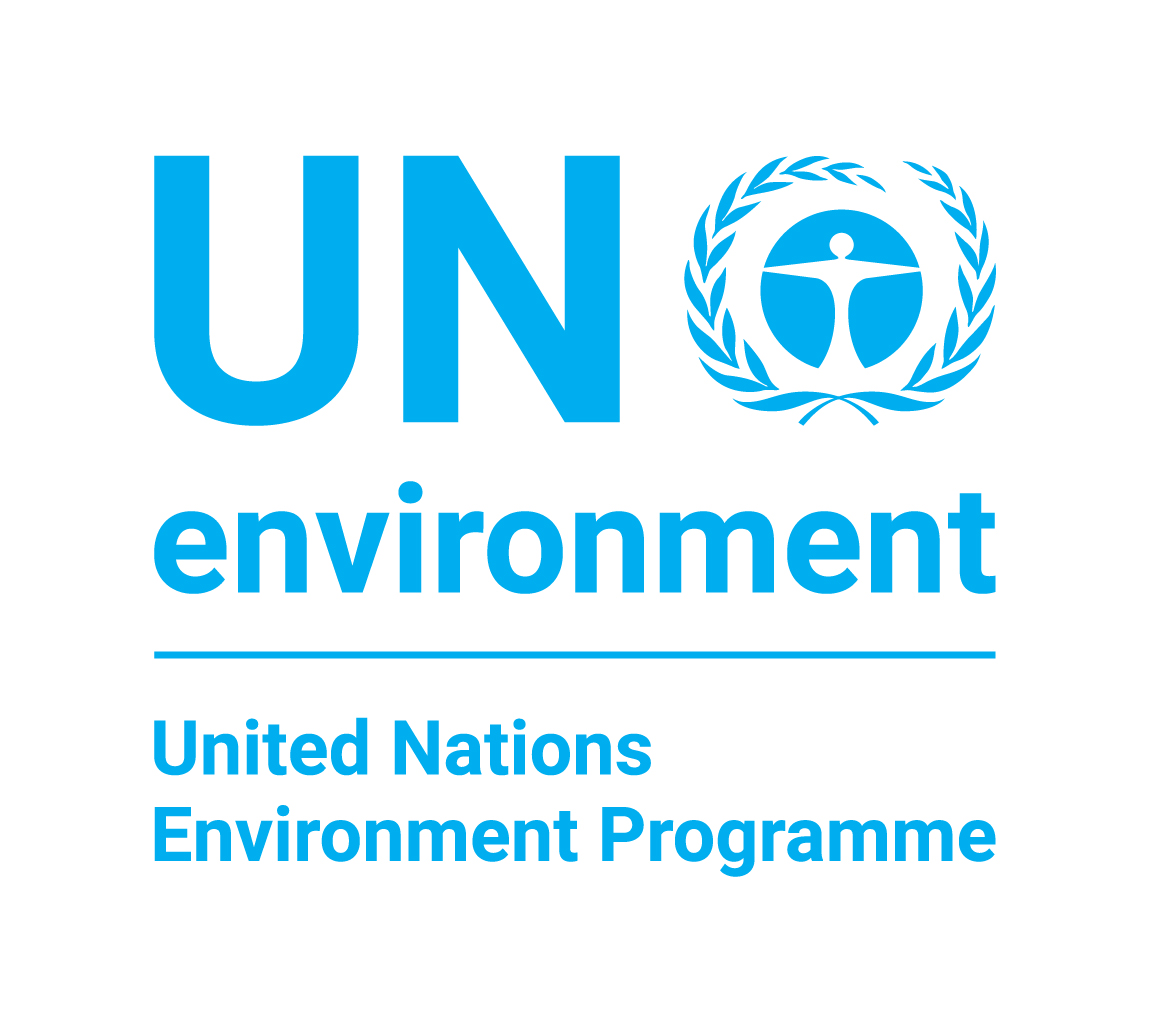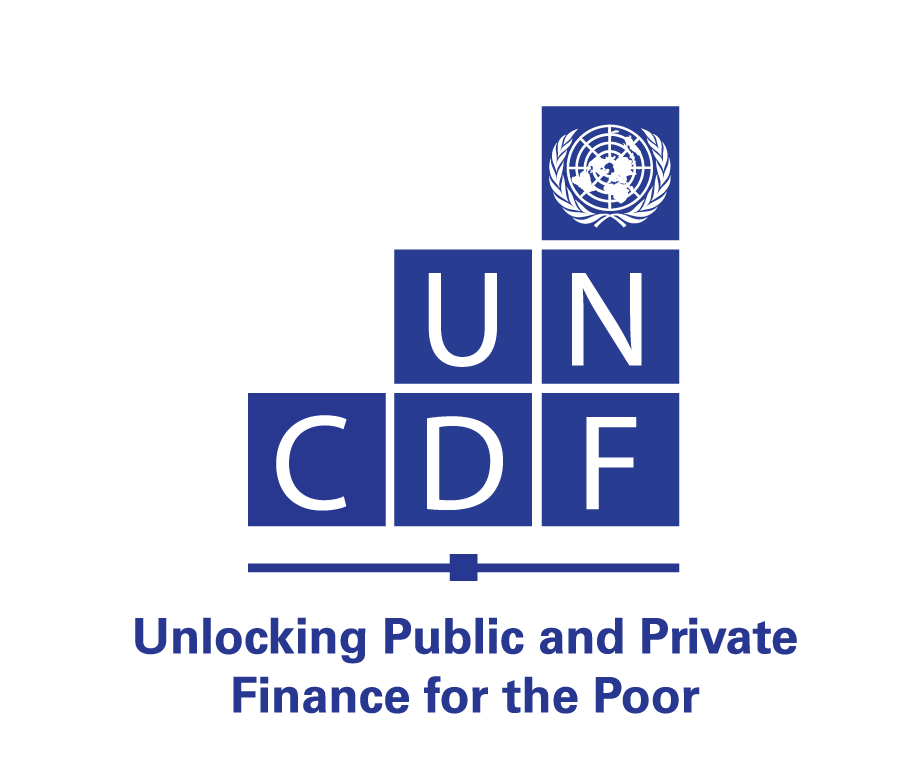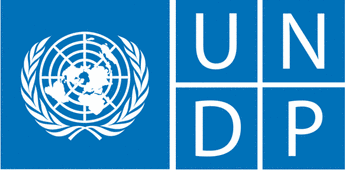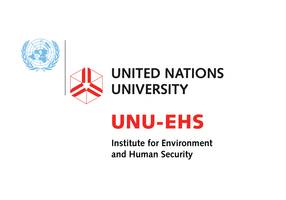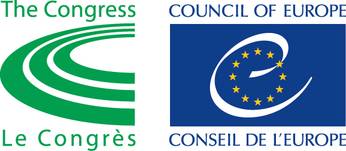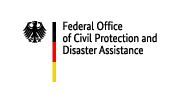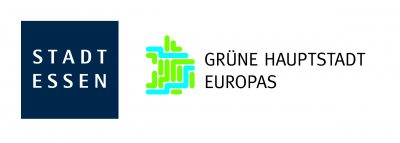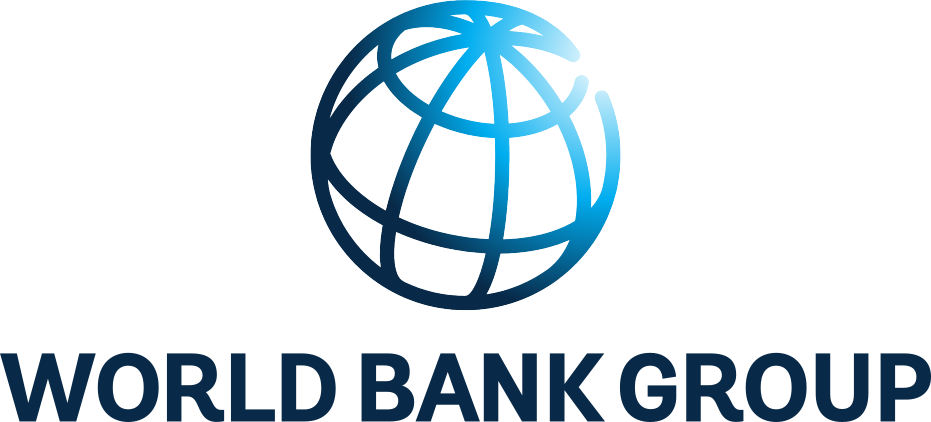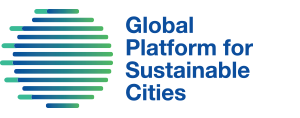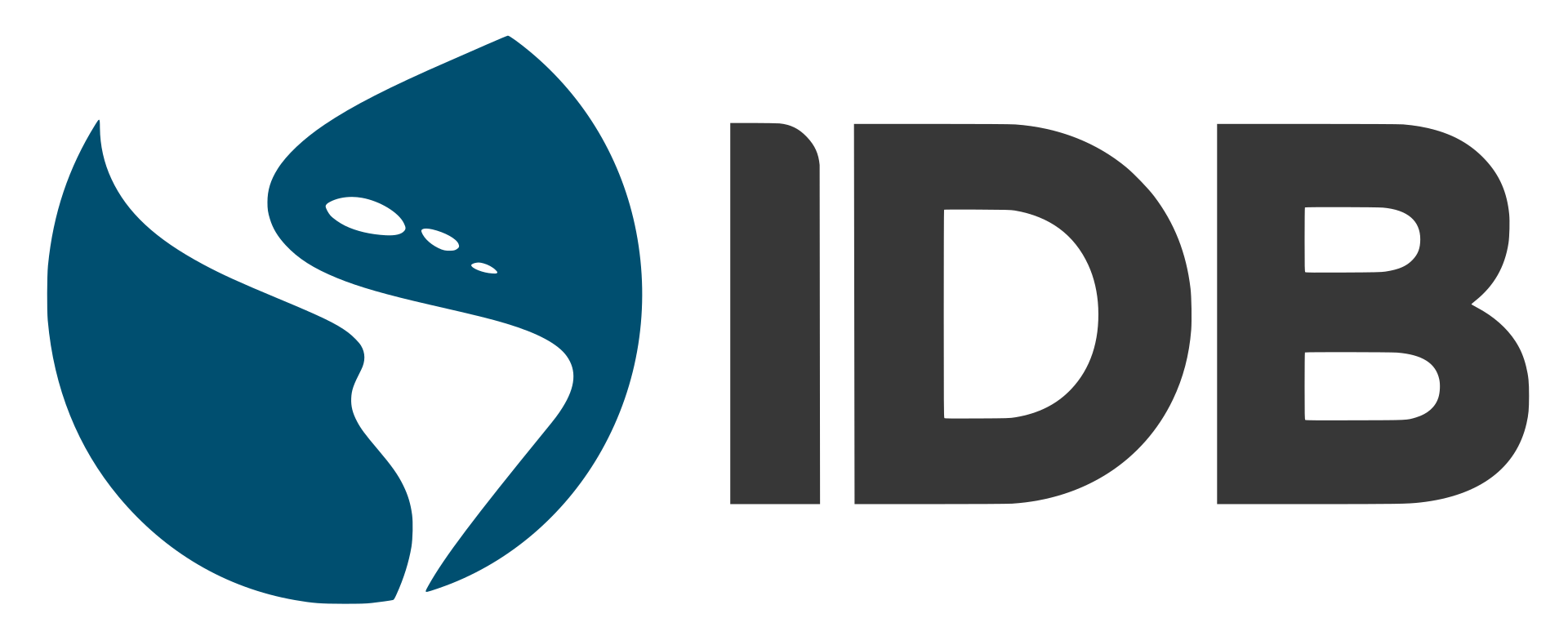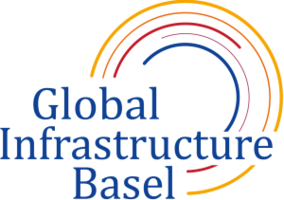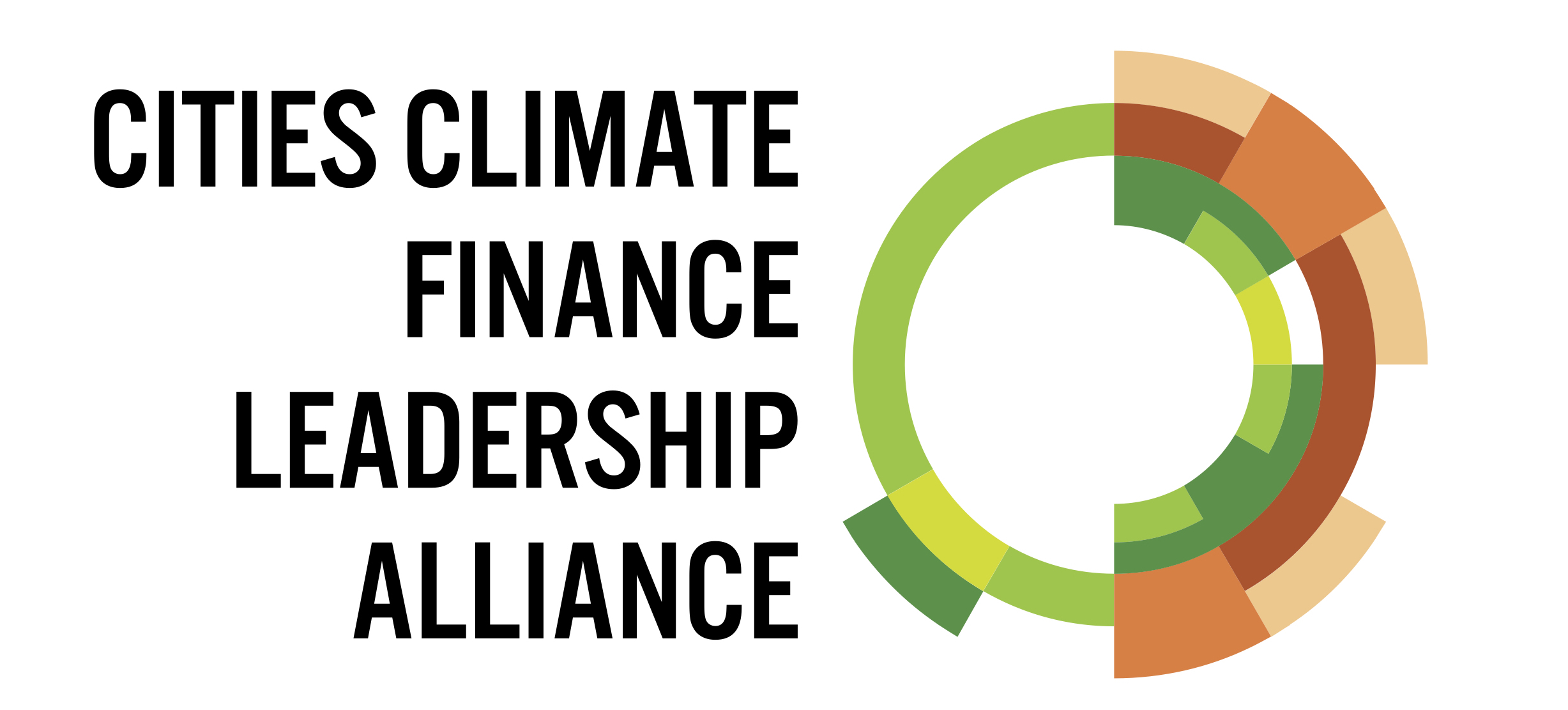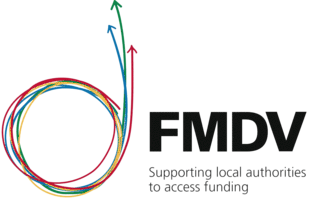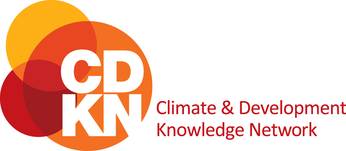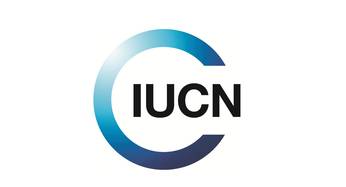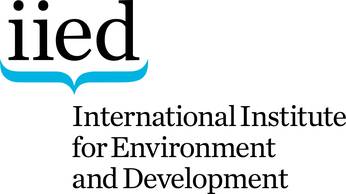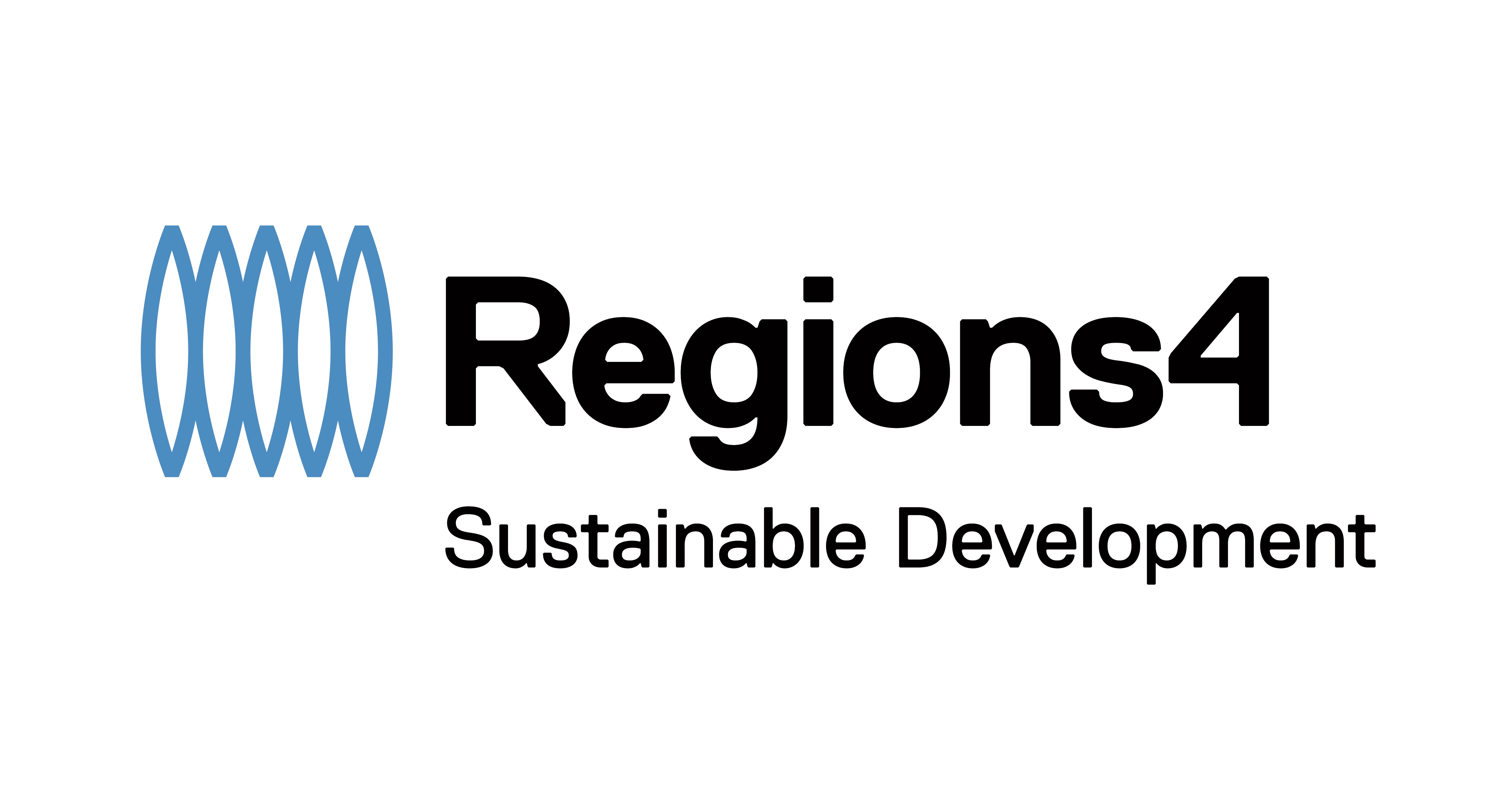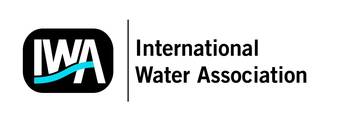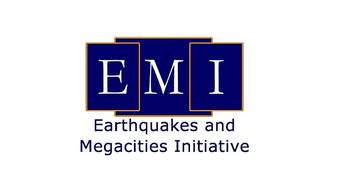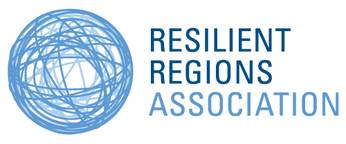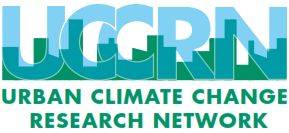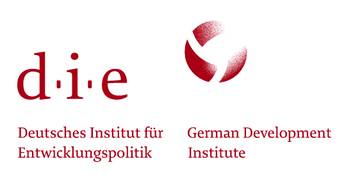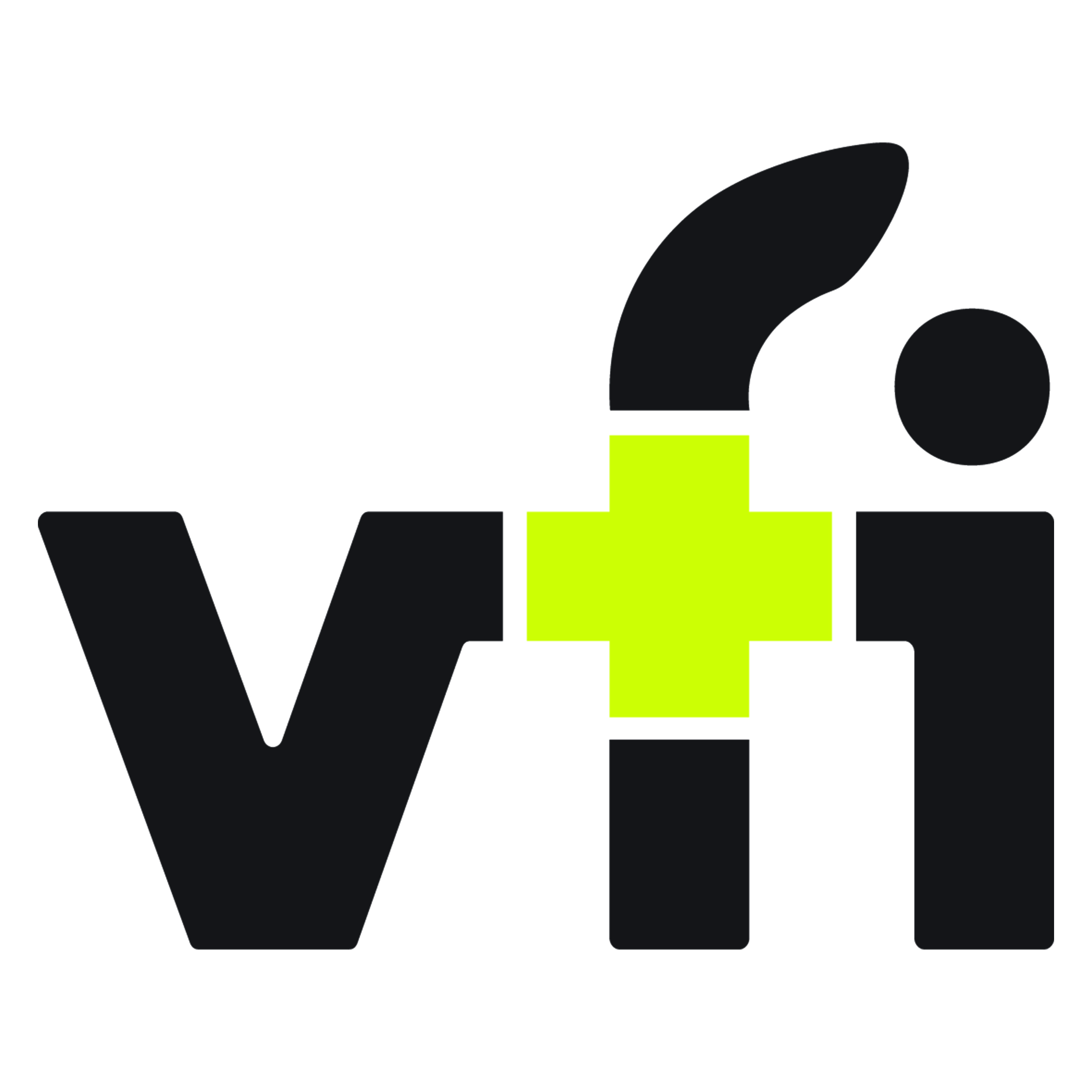Endorsing partners
Endorse the congress
The world’s leading institutions in the field of cities’ resilience and adaptation to climate change have given their support to the Resilient Cities Congress Series from 2010 to today. Every year, we are delighted to welcome longstanding partners and extend our network to new organizations! Their support is instrumental in echoing the efforts and successes of the Resilient Cities Congress Series.
United Nations Climate Change
United Nations Climate Change supports cooperative action by States and non-State actors to combat climate change and its impacts on humanity and ecosystems, thus contributing to a sustainable world and to realizing the vision of peace, security and human dignity on which the United Nations was founded.
The United Nations Framework Convention on Climate Change, with UN Climate Change as its secretariat, has near universal membership and is the parent treaty of the Paris Climate Change Agreement and the 1997 Kyoto Protocol. The ultimate objective of these agreements is to stabilize greenhouse gas concentrations in the atmosphere at a level that will prevent dangerous human interference with the climate system.
UNDRR
As the UN Office for Disaster Risk Reduction, UNDRR supports the implementation, follow-up and review of the Sendai Framework for Disaster Risk Reduction 2015-2030, which was adopted by the Third UN World Conference on Disaster Risk Reduction on 18 March 2015 in Sendai, Japan. The Sendai Framework is a 15-year voluntary agreement that maps out a broad, people-centred approach to disaster risk reduction, succeeding the Hyogo Framework for Action which was in force from 2005 to 2015. Together with its partners, UNDRR coordinates the Making Cities Resilient Campaign which encourages cities and city leaders to take proactive measures towards disaster resilient and sustainable urbanization.
UN-Habitat
The United Nations Human Settlements Programme, UN-Habitat, is the United Nations agency for human settlements. It is mandated by the UN General Assembly to promote socially and environmentally sustainable towns and cities with the goal of providing adequate shelter for all. UN-Habitat’s programs are designed to help policy-makers and local communities get to grips with the human settlements and urban issues and find workable, lasting solutions.
For general information about UN-Habitat and its activities, please visit its website.
UN Environment
The United Nations Environment Programme (UN Environment) is the leading global environmental authority that sets the global environmental agenda, promotes the coherent implementation of the environmental dimension of sustainable development within the United Nations system, and serves as an authoritative advocate for the global environment. Its mission is to provide leadership and encourage partnership in caring for the environment by inspiring, informing, and enabling nations and peoples to improve their quality of life without compromising that of future generations.
UNCDF
UNCDF is the UN’s capital investment agency for the world’s 48 least developed countries. It creates new opportunities for poor people and their communities by increasing access to microfinance and investment capital. UNCDF focuses on Africa and the poorest countries of Asia, with a special commitment to countries emerging from conflict or crisis. It provides seed capital – grants and loans – and technical support to help microfinance institutions reach more poor households and small businesses, and local governments finance the capital investments – water systems, feeder roads, schools, irrigation schemes – that will improve poor peoples’ lives.
UNDP
Established in 1966, the United Nations Development Programme (UNDP) has been partnering with people at all levels of society to help build nations that can withstand crisis and drive and sustain the kind of growth that improves the quality of life for everyone. UNDP works in four main areas: poverty reduction and achieving the Millennium Development Goals (MDGs); democratic governance; crisis prevention and recovery; environment and sustainable development.
For more information about UNDP, please refer to its website.
UNU-EHS
The United Nations University Institute for Environment and Human Security (UNU-EHS) is located in Bonn, Germany. UNU-EHS addresses risk and vulnerability aspects of human security and the consequences of complex environmental hazards for sustainable development. The work of UNU-EHS helps to improve the in-depth understanding of the cause – effect relationships to find ways to reduce risks and vulnerabilities.
The Institute aims at scientific excellence in two broad thematic areas:
- Vulnerability assessment, resilience analysis, risk management and adaptation strategies within linked human-environment systems; and
- internal displacement and transboundary migration due to environmental push-factors.
UNESCAP
The United Nations Economic and Social Commission for Asia and the Pacific (ESCAP) is the regional development arm of the United Nations for the Asia-Pacific region. With a membership of 62 Governments, 58 of which are in the region, and a geographical scope that stretches from Turkey in the west to the Pacific island nation of Kiribati in the east, and from the Russian Federation in the north to New Zealand in the south, ESCAP is the most comprehensive of the five United Nations regional commissions.
For more information about UNESCAP, visit their website.
The Congress of Local and Regional Authorities of the Council of Europe
The Congress of Local and Regional Authorities of the Council of Europe is a pan-European political assembly, the 648 members of which hold elective office. They may be regional or municipal councilors, mayors or presidents of regional authorities representing over 200,000 authorities in 47 European states.
The role of the Congress of Local and Regional Authorities is to promote local and regional democracy, improve local and regional governance and strengthen authorities’ self-government.
European Environment Agency
The European Environment Agency is an agency of the European Union. Their task is to provide sound, independent information on the environment. They are a major information source for those involved in developing, adopting, implementing and evaluating environmental policy.
For more information about EEA and its activities, visit its website
The Federal Office of Civil Protection and Disaster Assistance
The Federal Office of Civil Protection and Disaster Assistance (BBK) is the German national agency to protect the population in a state of emergency or conflict against natural and man-made disasters including war. Its specific tasks include warning of the population in major incidents and managing resources and information in the case of a national disaster. The BBK´s experts develop strategies, conduct crisis management exercises, and raise awareness among the general public to enhance self- protection.
Cities Alliance
Cities Alliance is the global partnership for poverty reduction and the promotion of the role of cities in sustainable development. Cities Alliance has a unique membership, comprising associations of local government; national governments; multilateral organizations; international NGOs; private sector; foundations and knowledge institutions. Current work program priorities include equitable city economic growth; gender equality and resilience. The Cities Alliance is at the forefront of promoting new thinking on a range of policy gaps, including the important role of secondary cities; the informal city and promoting local and national partnerships.
More information on Cities Alliance can be found here.
The Fire and Rescue Service of the Federal City of Bonn
The Fire and Rescue Service of the Federal City of Bonn is responsible for safety of the people and visitors of the City of Bonn. In addition to fire protection, technical response and the rescue service, the Fire Department of the City of Bonn is responsible for the safety on the river Rhine and disaster management. About 400 full-time employees are stationed on 5 fire and rescue stations scattered across the whole city. In addition, about 600 volunteer fire fighters provide their support at 18 volunteer fire stations.
The Fire and Rescue Service is alerted to nearly 40.000 incidents a year to extinguish fires, help people or animals in an emergency and protect people and environment from hazardous substances.
The City of Essen
With 594.000 inhabitants Essen is one of the largest cities in Germany, and it is surrounded by the cities of the Ruhr metropolis, which is the third biggest agglomeration in Europe. With the long transition process from an industrial history to a science and service-based economy, the City of Essen experienced several important transition strategies. After implementing University’s and transforming industrial legacy to places of culture and identity Essen and the Ruhr metropolis managed to become a liveable and green region with today 2/3 of all employees working in administration, science and service economies. With the great visions of the International Building Exhibition “IBA Emscherpark” Essen and the entire Region managed to become a European Capital of Culture in 2010 and the Green Capital of Europe Essen 2017.
The World Bank Group
The World Bank Group is one of the world’s largest sources of funding and knowledge for developing countries. Its five institutions share a commitment to reducing poverty, increasing shared prosperity, and promoting sustainable development.
The Global Platform for Sustainable Cities (GPSC)
Sustainable and inclusive urban development is more than just a vision. Adopting key measures, such as integrated urban planning, can and does translate a vision into reality. The Global Platform for Sustainable Cities (GPSC) brings together all participating cities and a wide range of entities that are working on urban sustainability issues to create a shared platform for global knowledge and an evidence-based, integrated approach to realize very worthwhile outcomes.
Inter-American Development Bank
Inter-American Development Bank supports efforts by Latin America and the Caribbean countries to reduce poverty and inequality. Its aim is to bring about development in a sustainable, climate-friendly way.
Established in 1959, Inter-American Development Bank is the largest source of development financing for Latin America and the Caribbean, with a strong commitment to achieve measurable results, increased integrity, transparency and accountability. It has an evolving reform agenda that seeks to increase its development impact in the region.
For more information about the IADB, visit their website.
Global Infrastructure Basel (GIB)
Global Infrastructure Basel (GIB) Foundation is a Swiss foundation based in Basel working to promote sustainable and resilient infrastructure through sustainable infrastructure design and financing on a global scale. Active since 2008, GIB works with multiple stakeholders ranging from city representatives to project developers and infrastructure financiers, with a focus on emerging and developing countries.
Cities Climate Finance Leadership Alliance (CCFLA)
The Cities Climate Finance Leadership Alliance (CCFLA) represents a multistakeholder and multilevel coalition of network of cities, private investors coalitions, development banks, national governments, research centres, foundations and civil society organisations that have come together to propose a set of measures designed to catalyse and accelerate investment into low-carbon and climate-resilient infrastructure in urban areas. Its core value proposition includes: Advocacy and raising visibility; scaling-up successful financial products; growing pipelines of fundable projects; creating enabling environments (readiness); catalysing and brokering partnerships; and coordinating and manage research & knowledge.
The Global Fund for Cities Development (FMDV)
The Global Fund for Cities Development (FMDV) is the unique International Alliance of Local and Regional Governments dedicated to identify, promote and develop solutions for financing and investing in urban development in a resilient, integrated and sustainable approach.
To fulfill its objectives, FMDV works on three pillars of actions: Organizing the appropriate environments, instruments and strategies to finance urban development and local economic development; contribute to the dialogues through coalitions of actors and thematic platforms; participate in international processes in order to promote proven solutions, identified from its actions on the field, for implementing international commitments.
Climate and Development Knowledge Network (CDKN)
The Climate and Development Knowledge Network (CDKN) supports developing country decision-makers in designing and delivering climate compatible development. They do this by combining research, advisory services and knowledge-sharing in support of locally owned and managed policy processes. They work in partnership with decision-makers in the public, private and non-governmental sectors nationally, regionally and globally.
CDKN is an alliance of five private and non-governmental organizations operating across Asia, Africa and Latin America and the Caribbean, with a global office in London, UK. Please visit www.cdkn.org for more information.
The German Committee for Disaster Reduction (DKKV)
The German Committee for Disaster Reduction (Deutsches Komitee Katastrophenvorsorge e.V., DKKV) is a national platform for disaster prevention in Germany. DKKV’s unique characteristic is its consolidated network of key stakeholders within the disaster reduction domain at the national, European and international level. The network’s interdisciplinary and multi‐sectoral character enables a broad and targeted dissemination of initiatives, knowledge and methodologies within the disaster risk reduction community. As such, the DKKV supported the development of international frameworks such as the Hyogo Framework for Action (HFA) or the German Strategy for Adaptation to Climate Change (DAS). Members of DKKV include governmental agencies, research institutes and organizations, humanitarian and development cooperation organizations as well as other experts from the field of disaster risk reduction.
World Association of the Major Metropolises (Metropolis*)
Metropolis is the global network of major cities and metropolitan areas It brings together the governments of 139 urban agglomerations worldwide. With 33 years of history, today the association is the focal point of expertise on metropolitan governance. Raising the voices of metropolises to the global agenda and building capacity to deliver public policies and services, Metropolis contributes to finding common answers to the challenges of metropolisation.
World Resources Institue (WRI)
The World Resources Institute (WRI) is a non-governmental global research organization which seeks to create equity and prosperity through sustainable natural resource management. WRI is an independent, non-partisan and nonprofit organization with a global staff of more than 450 scientists, economists, policy experts, business analysts, statistical analysts, mapmakers, and communicators developing and promoting policies with the intention of protecting the Earth and improving people’s lives. The efforts of the WRI are focused on six key areas – climate, clean energy, food, forests, water, and sustainable cities.
For more information please go to wri.org.
IUCN
IUCN, International Union for Conservation of Nature, helps the world find pragmatic solutions to our most pressing environment and development challenges. IUCN is the world’s oldest and largest global environmental organization, with more than 1,200 government and NGO members and almost 11,000 volunteer experts in some 160 countries. IUCN’s work is supported by over 1,000 staff in 45 offices and hundreds of partners in public, NGO and private sectors around the world.
Visit www.iucn.org for more information.
Global Facility for Disaster Reduction and Recovery (GFDRR)
Established in 2006, the Global Facility for Disaster Reduction and Recovery (GFDRR) is a partnership of 41 countries and 8 international organizations committed to helping developing countries reduce their vulnerability to natural hazards and adapt to climate change. The partnership’s mission is to mainstream disaster risk reduction (DRR) and climate change adaptation (CCA) in country development strategies by supporting a country-led and managed implementation of the Hyogo Framework for Action (HFA).
International Institute for Environment and Development (IIED)
The International Institute for Environment and Development is a global leader in sustainable development. IIED’s mission is to build a fairer, more sustainable world, using evidence, action and influence in partnership with others.
As an independent international research organization, they are specialists in linking local to global. In Africa, Asia, the Caribbean, Central and South America, the Middle East and the Pacific, they work with some of the world’s most vulnerable people to ensure they have a say in the policy arenas that most closely affect them — from village councils to international conventions.
ISOCARP
The International Society of City and Regional Planners (ISOCARP) is a global association of experienced professional planners. It was founded in 1965 in a bid to bring together recognized and highly-qualified planners in an international network. The ISOCARP network brings together individual and institutional members from more than 80 countries worldwide. As a non-governmental organization ISOCARP is recognized by the UN, UNHCS and the Council of Europe. The Society also has a formal consultative status with UNESCO.
For more information on ISOCARP please visit www.isocarp.org.
Regions4
Regions4 is the global voice of regional governments (states, regions and provinces) before UN negotiations, European Union initiatives and global discussions in the fields of climate change, biodiversity and sustainable development. Regions4 was established in 2002 at the World Summit in Johannesburg as the Network of Regional Governments for Sustainable Development – nrg4SD. In 2019, it became Regions4, and now represents 42 regional governments from 20 countries in 4 continents. In the field of climate change, Regions4 runs the RegionsAdapt initiative, which aims to inspire and support regional governments to take concrete action, collaborate and report on climate adaptation.
Visit https://www.regions4.org/ for more information on Regions4 and RegionsAdapt.

The RUAF Foundation
RUAF is a leading centre of expertise and Global Partnership on sustainable Urban Agriculture and City Region Food Systems. The Partnership is formed by a mix of cities, research institutes and NGOs. RUAF seeks to contribute to the development of sustainable cities by facilitating awareness raising, knowledge generation and dissemination, capacity development, policy design and action planning for resilient and equitable urban agriculture and city region food systems. For more than 20 years, RUAF has supported govern ments, urban producer organisations, NGOs, CBOs, research centres and other stakeholders with training, technical assistance, action-research and policy advice in over 50 cities around the world. In addition, we support local, national and international knowledge exchange, advocacy and learning activities.
For more information, visit www.ruaf.org.
International Water Association (IWA)
The International Water Association is a global reference point and network of water professionals, spanning research and practice and covering all facets of the water cycle. Through its network of members, partners and experts in research, practice, regulation, industry, consulting and manufacturing, IWA is in a better position than any other organisation to create innovative, pragmatic and sustainable solution to current and future global water challenges.
Earthquakes Megacities Initiative (EMI)
Earthquakes Megacities Initiative (EMI) is an international, not-for-profit, scientific organization dedicated to the reduction of disaster risk in megacities and major metropolises. It was founded in response to the urgent need to stimulate urban earthquake preparedness and mitigation in developing countries. EMI serves as a catalyst for the delivery of scientific and technical knowledge to local government officials, policymakers, practitioners, and disaster management technical personnel.
For more information about EMI, please visit its website.
Resilient Regions Association
The steady flow of people, money, goods, services, energy, and information is fundamental for well-functioning cities. Skilled management is needed to guarantee their unhindered flow. This creates resilient, sustainable and attractive cities and regions.
Resilient Regions Association offers a neutral arena where the business sector, academia, municipalities and government agencies meet to solve regional challenges. Together we develop new solutions, new knowledge, new techniques and “best practice” to build a more resilient society with robust functions and flows – a society with the ability to quickly overcome and recover from stresses.
For more information about Resilient Regions Association and its activities, please visit www.resilientregions.org.
UCCRN
The Urban Climate Change Research Network (UCCRN) is a consortium of over 900 individuals dedicated to the analysis of climate change mitigation and adaptation from an urban perspective. UCCRN members are scholars and experts from universities and research organizations. They span a broad range of expertise including climate scientists; urban heat island and air quality experts; climate change impact scientists; social scientists, including political scientists, planners, and economists; and urban designers and planners.
Global Risk Forum GRF Davos
Through its various activities Global Risk Forum GRF Davos aims at serving as a center of knowledge and know-how exchange for the application of contemporary risk management strategies, tools and practical solutions. Therefore GRF Davos develops guidelines for action, action policies, strategies, concepts and recommendations for disaster and risk management, which are significant to political institutions, national and international organizations, nations and the economy.
For more information about the Global Risk Forum Davos, visit its website.
German Development Institute / Deutsches Institut für Entwicklungspolitik (DIE)
The German Development Institute / Deutsches Institut für Entwicklungspolitik (DIE) is one of the leading research institutions and think tanks for global development and international development policy worldwide. The DIE’s unique research profile combines research, consulting and professional training. DIE builds bridges between theory and practice and works within international research networks.
Potsdam Institute for Climate Impact Research (PIK)
The Potsdam Institute for Climate Impact Research (PIK) addresses crucial scientific questions in the fields of global change, climate impacts and sustainable development.
Researchers from the natural and social sciences work together to generate interdisciplinary insights and to provide society with sound information for decision making. The main methodologies are systems and scenarios analysis, modelling, computer simulation, and data integration.
For more information about the PIK, please visit its website.
vertical farm institute
The vertical farm institute is a team proficient in a number of expertises and they have become a leading international research network on the topic of vertical farming. Architects, engineers, plant physiologists and artists represent the broad spectrum of knowledge required to develop and implement the new typology of vertical farming.
The vfi operates within the framework of the UN agenda 2030 for sustainable development and the EU action plan for closed-loop / recycling economies.
